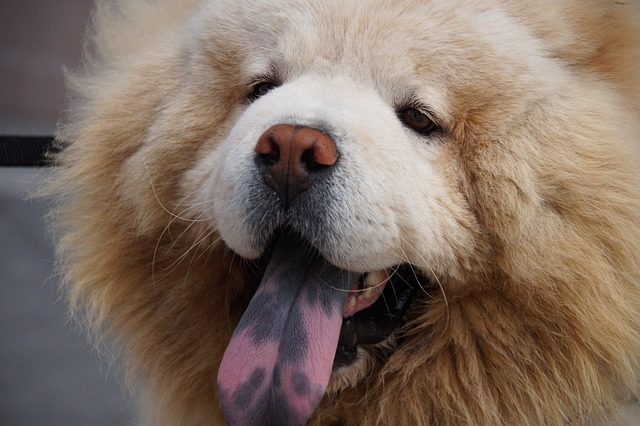
Most of us will agree at some point in our lives we suffer from bad breath. This mouth problem can easily be solved but if left untreated people can stay away from you. Bad breath is considerably the same with your pet dog. It is important to understand all the causes of your pet’s bad breath before giving him any medications or breath mints.
Halitosis is also known as bad breath. You can get this through food particles left inside your mouth, tartar, bacteria or germs, other dental problems and poor oral hygiene. In people, we can easily treat halitosis through regular brushing, drinking plenty of water and flossing. In pet dogs, the cause of bad breath is almost the same. However, it might be an indication of a serious health problem that needs immediate treatment.
Recommended treatment for your dog’s halitosis
- Chewing – is one of the best remedies for dog dental problems. Chewing on bones, on playthings or on Rawhide treats not only is a stress-free routine for most pet dogs, it also helps develop better teeth and even jaws. In addition, chewing helps in getting rid of plaque as well as tartar buildup, problems that frequently lead to bad breath.
- Dog toothpaste – commonly offered at pet shops or stores. It is recommended to clean your pet’s teeth every day or every other day.
- Professional cleaning – if your pet dog has chronic gingivitis or plaque you can bring him to a specialist as part of his grooming routine. This is usually a fairly quick and painless procedure for many dogs.
- Dog bones – give your pet dog a treat particularly designed for healthier teeth and also gums. There are plenty of dog treats sold in the pet shops made to correct bad breath and also boost total dental health. So be sure to toss them to your dog regularly.
- Healthy diet – serves as an important factor in controlling your pet’s halitosis. Make sure to give him higher quality dog food. It is because inexpensive dog food uses more fillers which can sometimes be unhealthy for your pets. In addition, always observe your pet dog for any digestive problems as these can typically lead to bad breath. Human food is not also recommended since dogs cannot easily digest it. It is therefore better to stop giving your pet your leftovers to control his bad breath.
Severe bad breath in dogs
If your dog’s halitosis does not go away despite your best effort, it is now time to consider going to the vet. There could be serious health problems if the above remedies do not help. For example, if you notice the smell of your dog’s breath is too sweet or similar to a fruit scent then your dog may have diabetes. Just like in humans, diabetes can cause severe health problems in animals. It is very important to seek your vet’s advice as soon as possible. Also, intestinal blockages, liver and kidney problems and parasites can likewise trigger chronic halitosis, and may be life-threatening if not dealt with quickly.
It is highly recommended to visit your vet for the best solution. Veterinarians can easily detect the causes of your dog’s bad breath through asking some questions about your dog such as the overall health, diet, eating behaviors as well as exercise level. They can explain to you the difference between a normal dog breath and a bad breath. A blood test can be done to rule out the causes of your pet’s halitosis.
Your dog’s bad breath may just be an overgrowth of germs or bacteria that stay in the mouth. There is likely no reason to panic if dog treats and regular brushing get rid of your dog’s halitosis. A visit to your dog’s vet from time to time is also beneficial when you start smelling something different in your buddy.








